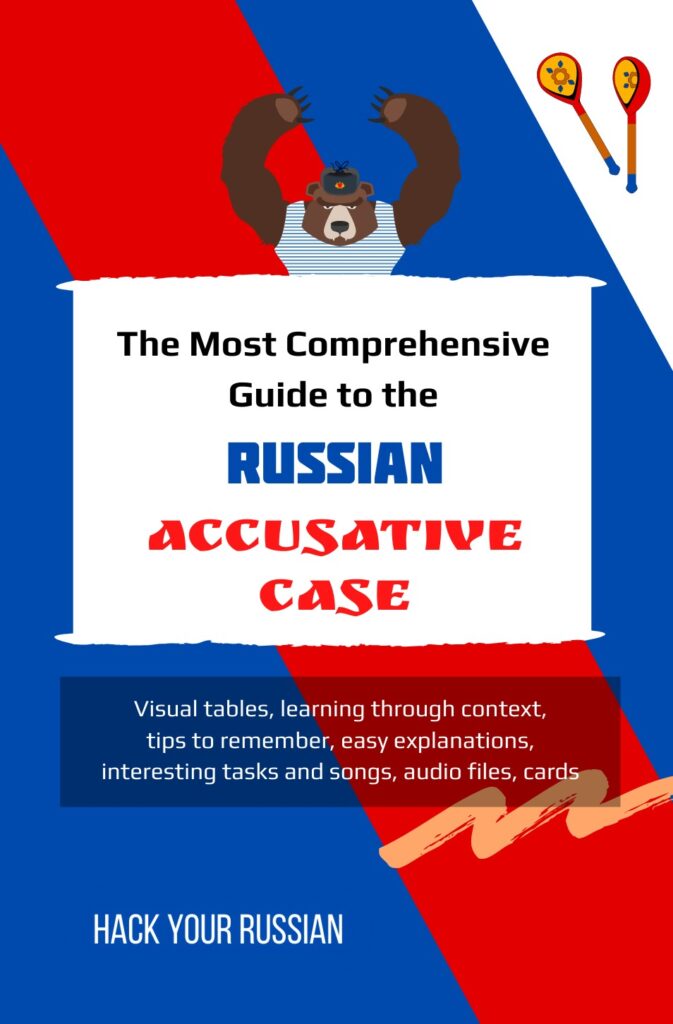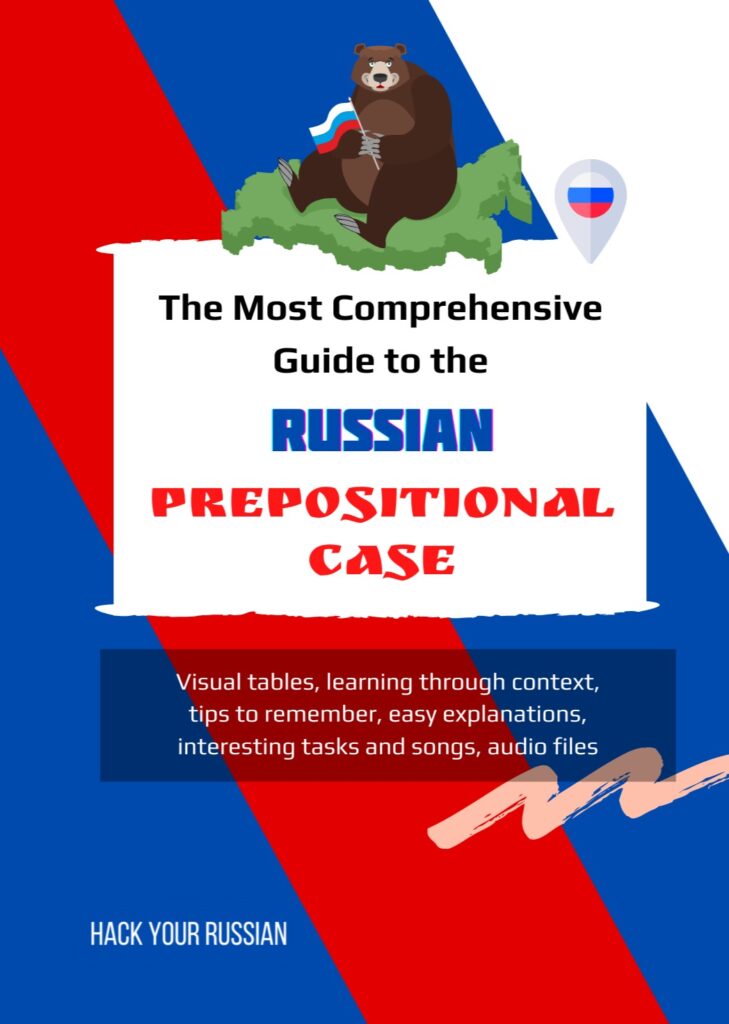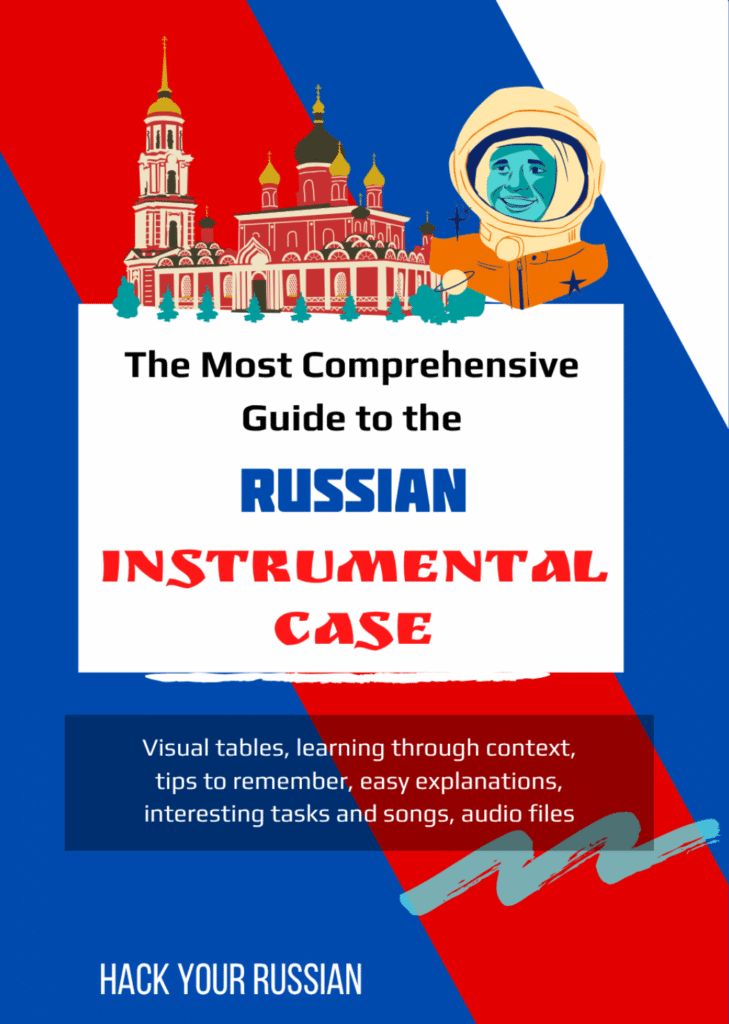Swear like a Russian
Learning Russian swear words is a controversial topic for Russian language teachers. Some teachers will say that it’s a taboo and a good Russian teacher should by no means teach foreign students to swear in Russian. Others will say that it’s fine to explain some words to students only if they ask. In my opinion, there is nothing wrong in explaining Russian swear words to students. First of all, it’s better if they learn them from me rather than from a Russian friend who has no knowledge at all of the origin of these words and will teach a student only the vulgar and offensive curse words. Secondly, it’s always better to know Russian swear words before going to Russia as one never knows what words he or she will hear on the streets. And by knowing the most common Russian swear words you might avoid some awkward situations. Thirdly, even though Russian swear words are prohibited to use on the TV, the Internet is the place where everything is allowed and there are lots of Russian YouTube shows where a Russian language learner will eventually hear these words.
But most importantly, Russian swear words are a part of the Russian language whether we want it or not. And we can even say that it’s somewhat a part of our culture because one cannot imagine a Russian language without curse words. And no, it’s not because Russian natives are rude and impolite people who constantly want to insult someone or to grumble about life (which is somewhat true). Russian curse words actually serve as the means to express emotions (both negative and positive). There are situations when simple words are not enough to describe how happy or frustrated a person is. So, in simple words, Russian swear words and their euphemisms help people convey their real emotions. Like we say in Russian, one swear word worth a thousand of words (Вместо тысячи слов). But, of course, Russian natives perfectly understand when to use and when not to use swear words. Just as in any other language, there are situations when swearing is strictly prohibited (in public places, on TV, in formal situations, etc.).
But instead of being afraid to teach Russian swear words, I prefer to give my students interesting insights about the origin of these words. Surprisingly, the majority of Russian swear words in the past did not signify anything bad or insulting. You can watch my video on Russian curse words to learn more on this topic.
Learn Russian swear words
The Russian language is incredibly rich — and that also applies to Russian swear words. It’s truly amazing how many variations of swear words Russian people have created. Some of them are extremely rude or even disgusting (especially those related to human reproductive organs), so it’s best to avoid using them altogether.
That’s why Russians came up with euphemisms for the strongest swear words. You can safely use these euphemisms without worrying about being judged — just remember not to use them in formal situations, such as official meetings, at work, or during job interviews.
Watch the next video lesson to learn more about this topic!
Exclamations and swear euphemisms
I hope that you found these lessons useful. Just don’t swear too much in Russian.
If you have recently started to learn Russian language, then you absolutely need to get my free guide ‘Essential Russian Words and Expressions to Understand Spoken Russian’.
This guide also contains audio files so that you can listen to these phrases on the go: while driving, walking, doing sport or brushing your teeth. Make sure that you repeat these phrases yourself and try to imitate my accent.
It’s also very important to know how to pronounce Russian words correctly as not every Russian letter is pronounced the same way as it’s written. There are certain Russian pronunciation rules that are really easy to learn.
If you wish to speak Russian, you should absolutely learn how to use Russian cases. Check the most comprehensive guides to Russian cases:







